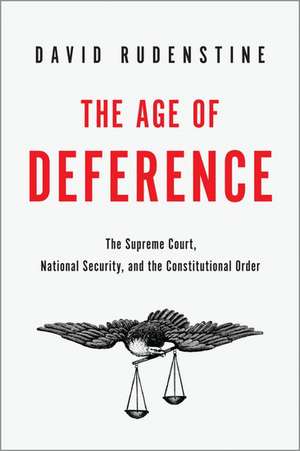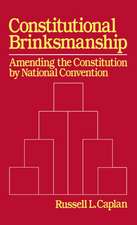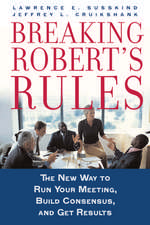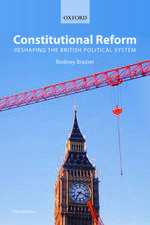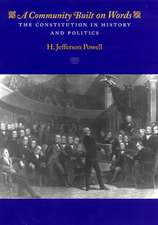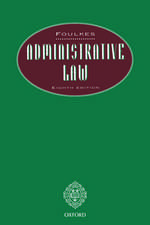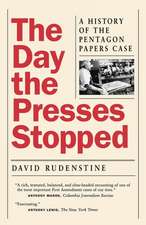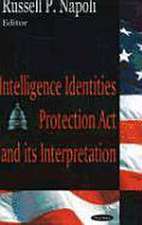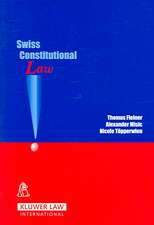The Age of Deference: The Supreme Court, National Security, and the Constitutional Order
Autor David Rudenstineen Limba Engleză Hardback – 8 sep 2016
Preț: 219.10 lei
Preț vechi: 264.47 lei
-17% Nou
Puncte Express: 329
Preț estimativ în valută:
41.93€ • 43.61$ • 34.62£
41.93€ • 43.61$ • 34.62£
Carte tipărită la comandă
Livrare economică 01-07 aprilie
Preluare comenzi: 021 569.72.76
Specificații
ISBN-13: 9780199381487
ISBN-10: 0199381488
Pagini: 344
Dimensiuni: 165 x 236 x 33 mm
Greutate: 0.57 kg
Editura: Oxford University Press
Colecția OUP USA
Locul publicării:New York, United States
ISBN-10: 0199381488
Pagini: 344
Dimensiuni: 165 x 236 x 33 mm
Greutate: 0.57 kg
Editura: Oxford University Press
Colecția OUP USA
Locul publicării:New York, United States
Recenzii
The Age of Deference is a tour de force of constitutional history. Rudenstine recounts the myriad cases involving surveillance, civil liberties, secret courts, and secret laws that have evolved since World War II. Through this historical overview, Rudenstine finds that the courts have not only deferred to the Executive, but have entrenched their position of deference. ... [He] paints a compelling picture of a judiciary that for seven decades has slowly given up on engaging with the other branches of government on matters related to national security.
The Age of Deference is a powerful and intelligent book.
The Age of Deference is a powerful and intelligent book.
Notă biografică
David Rudenstine served as Dean of the Cardozo School of Law from 2001-09, and is currently the Sheldon H. Solow Professor of Law at Cardozo, where he has taught constitutional law since 1979. The first dean appointed from the ranks of the Cardozo faculty, Professor Rudenstine is an American legal scholar respected for his work on free press, free speech, and national security issues. He is the author of The Day the Presses Stopped: A History of the Pentagon Papers Case, which was nominated for a Pulitzer Prize, and he is currently writing a book on the role of courts in national security cases. In recent years, he has organized and participated in legal panels on subjects such as the disclosures made by Edward Snowden and Wikileaks, the NSA Surveillance Programs, and the ACLU in American Life. In 2000-01, he was an inaugural fellow in Princeton University's Program in Law and Public Affairs.
